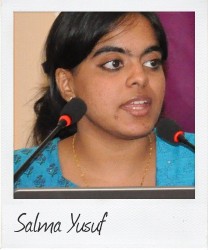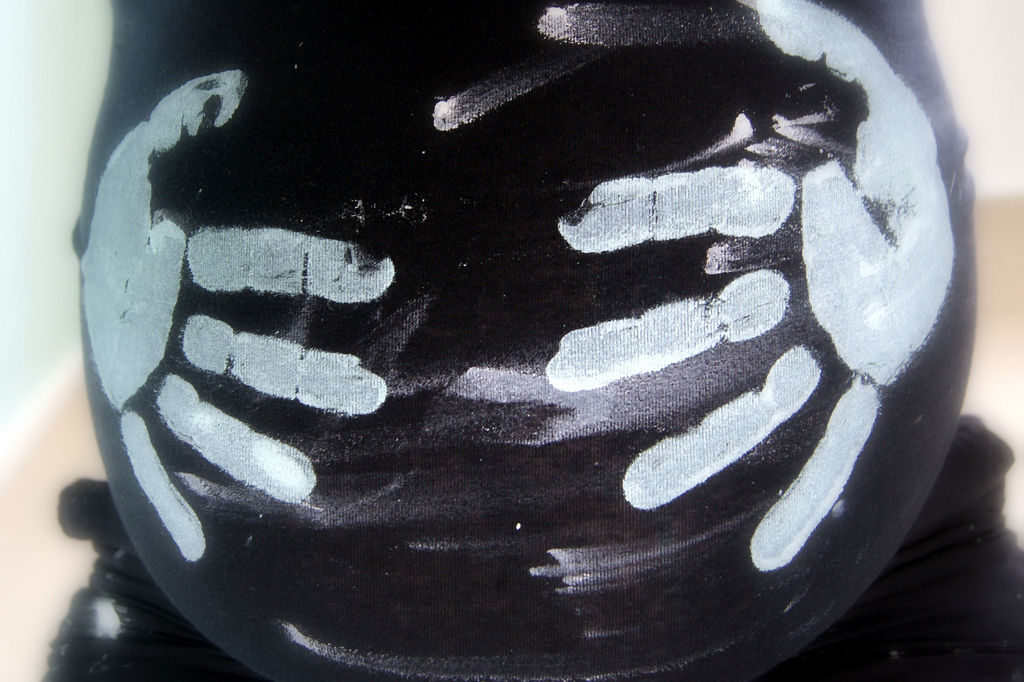“Jaffna reflections and inspirations from abroad”
May 22nd, 2015 Salma Yusuf, a Sri Lankan based human rights lawyer, lecturer and Commonwealth Correspondent, was the main author of the Jaffna Memorandum. The document was the outcome of a historic event that took place in Sri Lanka in March, 2015.
Salma Yusuf, a Sri Lankan based human rights lawyer, lecturer and Commonwealth Correspondent, was the main author of the Jaffna Memorandum. The document was the outcome of a historic event that took place in Sri Lanka in March, 2015.
On the 5th of March 2015, nearly 100 women’s rights activists from different regions of Sri Lanka came together in Jaffna to celebrate International Women’s Day. The event was aimed at celebrating Sri Lankan women and giving them an opportunity to meet, greet and build life-long friendships.
The event brought together women across the country to share their experiences and aspirations.
The outcome of this historic event is a document known as the Jaffna Memorandum, which captures and articulates the key deliberations of the women around four themes: Women’s Participation in Politics and Public Life; Women’s Economic Empowerment; Gender-based Violence; and Reconciliation and Transitional Justice.
The participants who gathered in Jaffna agreed to send this memorandum to the Women’s Parliamentary Caucus in Colombo for immediate action. Accordingly, the Jaffna Memorandum has now been presented to the caucus.
Against this backdrop, I would like to propose that we continue the conversation that the women from the grassroots began in Jaffna. I would like this conversation to be framed within a new concept and paradigm for the women’s rights movement in Sri Lanka – a paradigm and concept that we can call Sri Lankan Feminism.
Now, what would this concept of Sri Lankan Feminism be and look like?
Sri Lankan Feminism would be our own brand of feminism that unites Sri Lankan women, irrespective of their religion, ethnic or cultural backgrounds. I propose that this brand of Sri Lankan Feminism be based upon our common concerns, our related aspirations and our shared destinies as Sri Lankan women. It is a type of feminism we carve out ourselves and one that can unite us across previously divisive lines of ethnicity or culture.
The importance of such events – that bring women together from different contexts – is that it shows us that while our experiences as women vary with our ethnic, religious, cultural and social realities, there is more that unites us than divides us. This, then, is a compelling reason for women to come together and work together.
It was also striking how the women who came together in Jaffna spoke with conviction, confidence and resolve beyond gender issues only and into the realm of national governance issues. This must also be a hallmark of the notion of Sri Lankan Feminism – that is, speaking beyond gender issues to address larger national issues.
In this idea of Sri Lankan Feminism, we must also espouse the value of women collaborating to improve each others’ lives across dividing lines and on common issues of mutual concern, which in turn can build bonds and foster individual and national reconciliation at the familial and societal levels.
A potential concept of Sri Lankan Feminism must also take inspiration from women’s movements and successes in other reconciliation and peace-building contexts around the world. For instance, in Sierra Leone in 1995, the women’s peace campaign put the issue of a negotiated settlement in the public domain in a non-confrontational manner, combining non-threatening events to mobilize support with more direct measures. As a result, a negotiated settlement became a respectable option for both parties to the conflict. This is an option that Sri Lankans, too, can consider given the current and ensuing challenges of forging a negotiated political settlement to long-standing conflict in the country.
Women’s groups have also been known to broaden the range of substantive issues on the table, promoting not just women’s rights but also social justice. For instance, during negotiations in the Belfast Agreement, the Northern Ireland’s Women Coalition ensured that victims’ rights and reconciliation was achieved.
Women activists also promote a vision of peace that goes beyond the negotiating table. The peace conferences in Somaliland in 1993 and 1996 would not have taken place without the collective lobbying of elders by women who urged them to intervene and end conflict.
Women in Northern Uganda worked collectively to revive cultural institutions and prepare the community for reconciliation through peace education and story-telling.
Finally, I would like to call on all of us to acknowledge and realize, once and for all, that women are invaluable agents for building bridges across communities and societies.
Therefore, I conclude with the repeated call to all of us to work together based on our common concerns and shared destinies, in the spirit of a new paradigm of women’s awakening – a Sri Lankan Feminism.
photo credit: A Mother’s Hands- Rebecca Esho via photopin (license)
…………………………………………………………………………………………………………………
About me: I am a Human Rights Lawyer based in Sri Lanka, and a visiting lecturer in law at University of Northumbria – Regional Campus for Sri Lanka & Maldives, and previously at the University of Colombo.
I serve on both national and international programmes in the fields of law, governance, human rights and transitional justice. I hope to build on my work in policy development, research, advocacy and publishing going forward.
…………………………………………………………………………………………………………………
Opinions expressed in this article are those of the author and do not necessarily represent the views of the Commonwealth Youth Programme. Articles are published in a spirit of dialogue, respect and understanding. If you disagree, why not submit a response?
To learn more about becoming a Commonwealth Correspondent please visit: http://www.yourcommonwealth.org/submit-articles/commonwealthcorrespondents/
…………………………………………………………………………………………………………………




